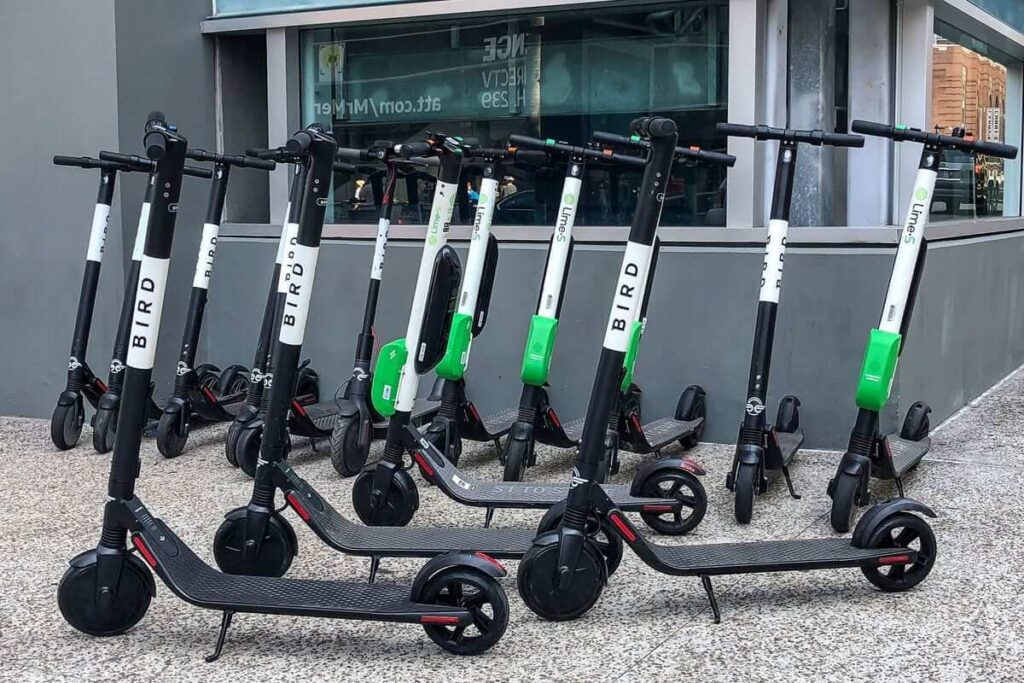by The Cowl Editor on November 15, 2018
Opinion

Brands Should Promote Diversity, Inclusivity in Advertising
At this point in time, it is hard to believe an event such as the Victoria’s Secret Fashion Show still exists in its current form.
As more companies have begun to realize the importance of representing all body types, races, and genders, they have seen more profit and customer engagement. For example, Aerie’s decision to stop Photoshopping their advertisements led to an immediate boost in sales and popularity.
Ultimately, customers want to see people who look similar to them in advertisements, not the unattainable body of a supermodel. Body positivity and inclusion of all body types is something that can only benefit a brand’s popularity and financial status. More importantly, it is just the right thing to do.
Young women in particular are especially vulnerable to pressures, which are created by advertisements to make people feel like they have to look a certain way.
Brands have a responsibility to not overly promote too high of standards or “ideal” body types that may lead their consumers to harmful behavior or negative self-image. The days of only one body type being considered beautiful are over and it is upsetting it has taken this long for companies to catch on.
Representation matters and there is no reason for companies to continue to only show one type of body in their advertisements or events. Image and inclusion of all body types should not be done by companies as a marketing ploy, it should be done because it makes a difference.
—Bridget Blain ’19
Lift the On-Campus Ban: Bring Back the Bird Scooters!
Over the past month, Providence College students have experienced a new, electrically charged means of expediting their commutes around campus—The Bird Scooter.
These electric scooters, recently banned on the PC campus, started cropping up around the city of Providence in July before they were intermittently removed from the streets in order for the city to establish an effective set of regulations for scooter operators.
By mid-October, Bird Scooters had returned to the streets, and started popping up on the PC campus.
Some members of the PC community view the scooters as an eyesore to the collegiate, gothic, and modern aesthetics of the campus, as well as a potential safety hazard to both the scooter drivers and pedestrians.
However, the Bird Scooter serves as a valuable link to the city, as well as a convenient transportation resource for students.
As many students are not permitted to keep a car on campus, traveling into the city proves inconvenient when an individual must wait 40 minutes for two RIPTAs or pay $20 round trip for an Uber to travel two to four miles off campus.
On the other hand, Bird Scooters present an exciting, practical, and affordable mode of transportation that, if allowed on campus, become readily accessible to students.
These scooters can accelerate up to 15 miles per hour and charge per minute, at the rate of $1 flat fee and an additional 15 cents for every minute of use.
However, although authorizing the use of Bird Scooters on campus proves beneficial for students, like the city of Providence, the College must establish regulations for scooter operator conduct in order to facilitate safe and effective use of the motorized vehicles on campus.
The Bird Scooters allow PC students to indulge in the food, art, and culture that the “Creative Capital” has to offer, and for this reason PC should lift the ban.
—Alyssa Cohen ’21